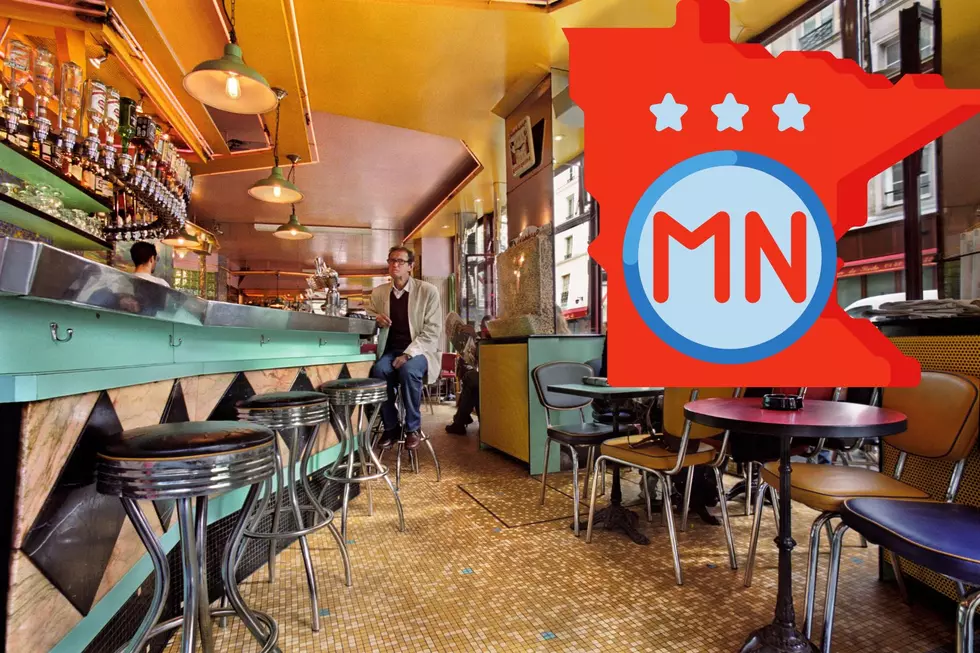
Why Do Stores Want My ZIP Code? The Answer May Surprise You!
You make a purchase in a retail store using your credit card. Ready, set, swipe, and I'm finished - right? Not so fast.
The clerk now asks for my zip code. Thinking there is no possible harm in that, I let them know. It's just a zip code - right?
Think again.
At one point I actually thought this information was necessary to complete my purchase. It is not. As it turns out, your zip code can lead to more than that.
According to NBC News, who spoke with Paul Stephens, director of policy and advocacy for Privacy Rights Clearinghouse, a nonprofit watchdog group:
When you swipe a credit card at the cash register, the merchant receives your name, card number and expiration date, but little else. Give the store your ZIP code, however, and you’re providing a valuable piece of the puzzle."
The Stir's April Daniels Hussar says not only do stores use your ZIP code so they can market to you, but also they can sell your information to other companies. Basically, if someone has your full name AND your ZIP code, it’s easy to get your home contact information.
Combine that with information about what you purchased and where you like to shop - now they’ve got a “data profile” on you, which means more catalogs, junk mail and even more telemarketer phone calls.
Can I say no to the request for a ZIP code?
Yes. Simply decline.
I have since replied with a polite, "no thanks" when asked for my ZIP code. 99% of the time the clerk will simply move on. It has becoming more popular to decline to give extra information. There should be no need to provide a ZIP code when asked by a clerk in a brick-and-mortar store.
Of course, there are always exceptions. cash registers, credit card "swipers" and point-of-sales terminals can be configured to require a ZIP code at the time of set up.
When paired with your name, it can help the merchant figure out your mailing address, phone number and specific demographic information."
Deanna, a business owner from Mitchell, SD says she uses the ZIP codes to learn where to market her business and where to place her ad dollars.
Two states, California and Massachusetts, have laws in place that prohibit retail stores from asking additional information other that what is embedded on the credit or debit card.
Of course, there could be another reason according to wiki-answers. They say if you are paying by credit card, and the credit card company wants to verify that you are the person the card was issued to. The billing address on the credit card account is known to the issuing bank's computers, but presumably a thief won't know your zip code.




